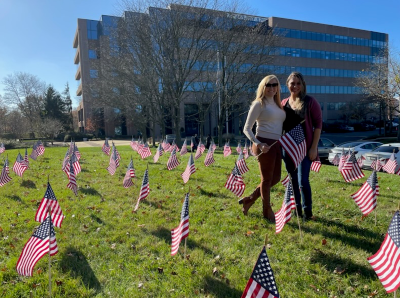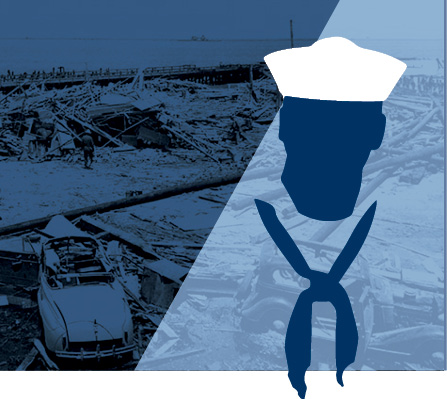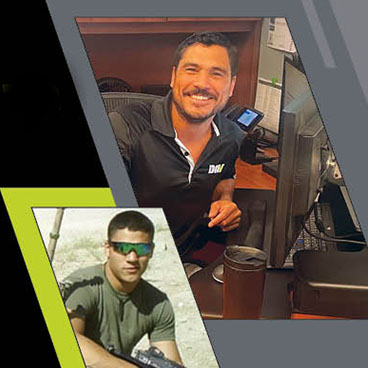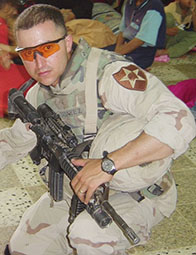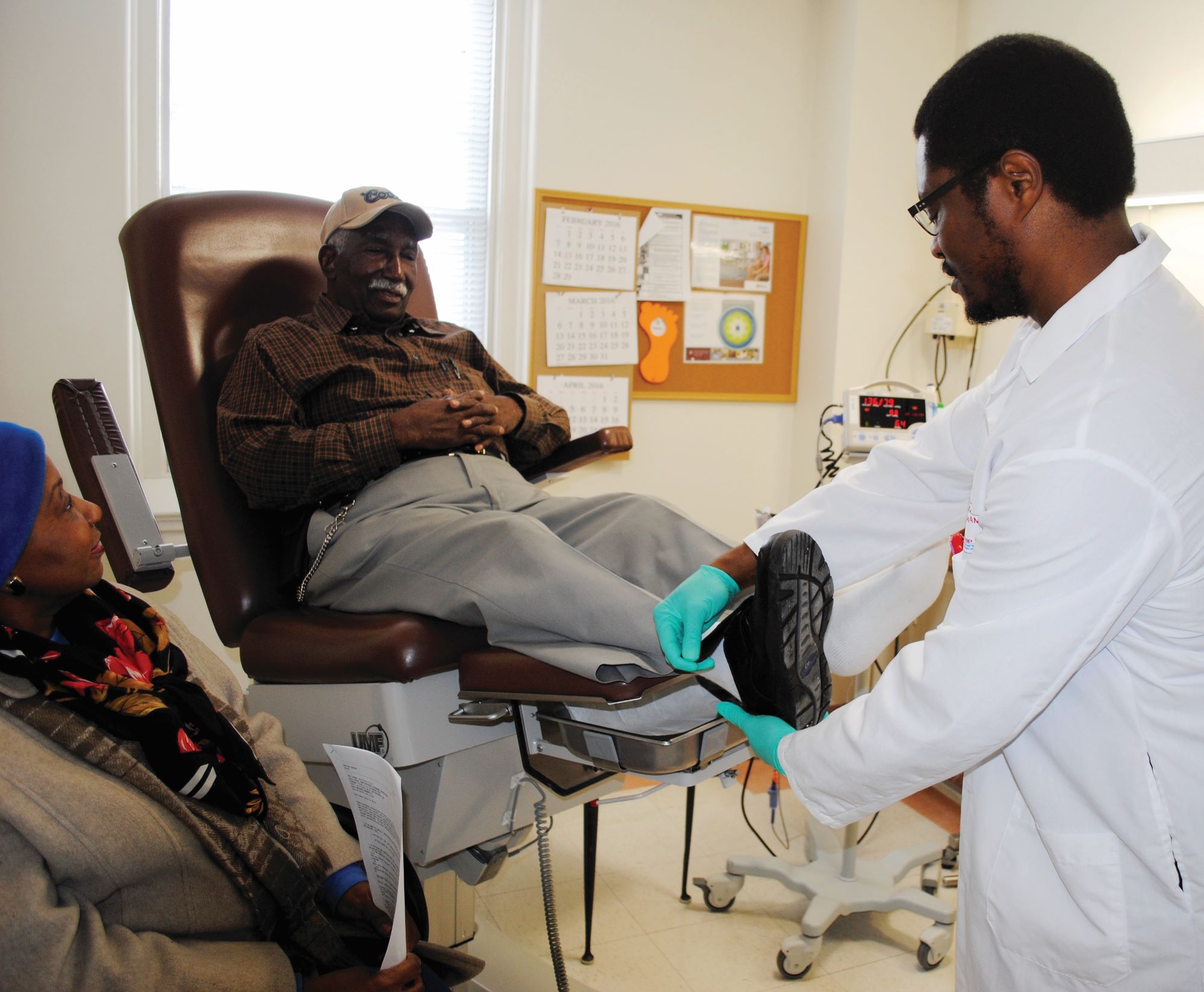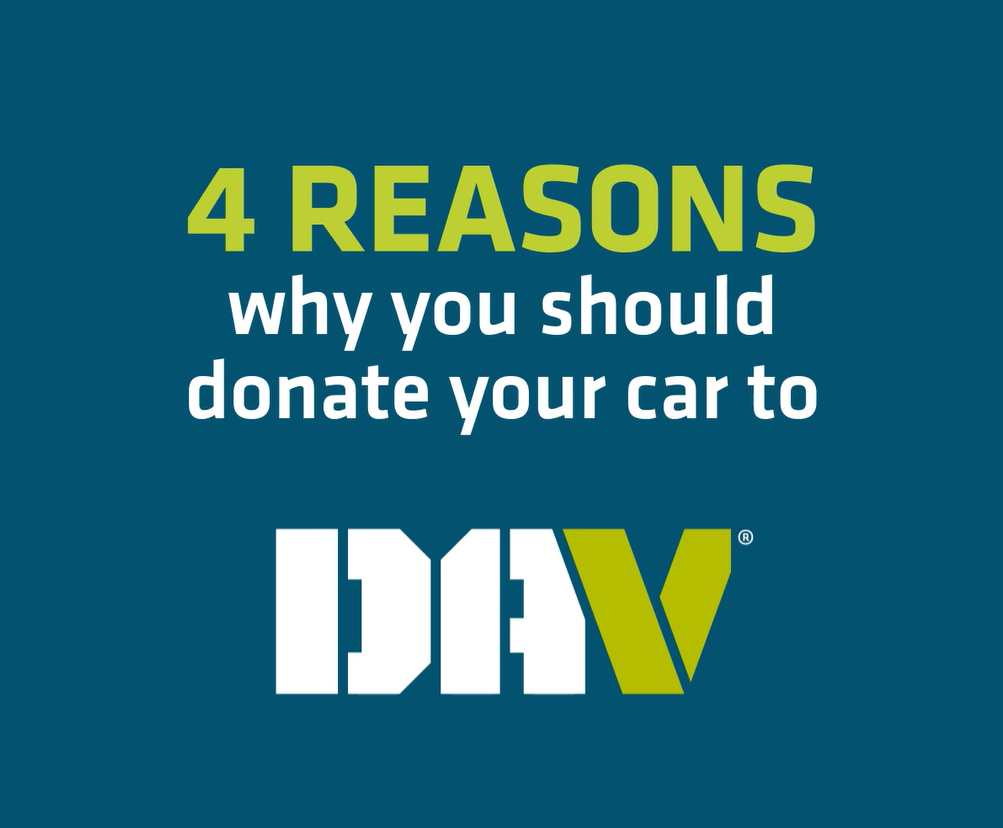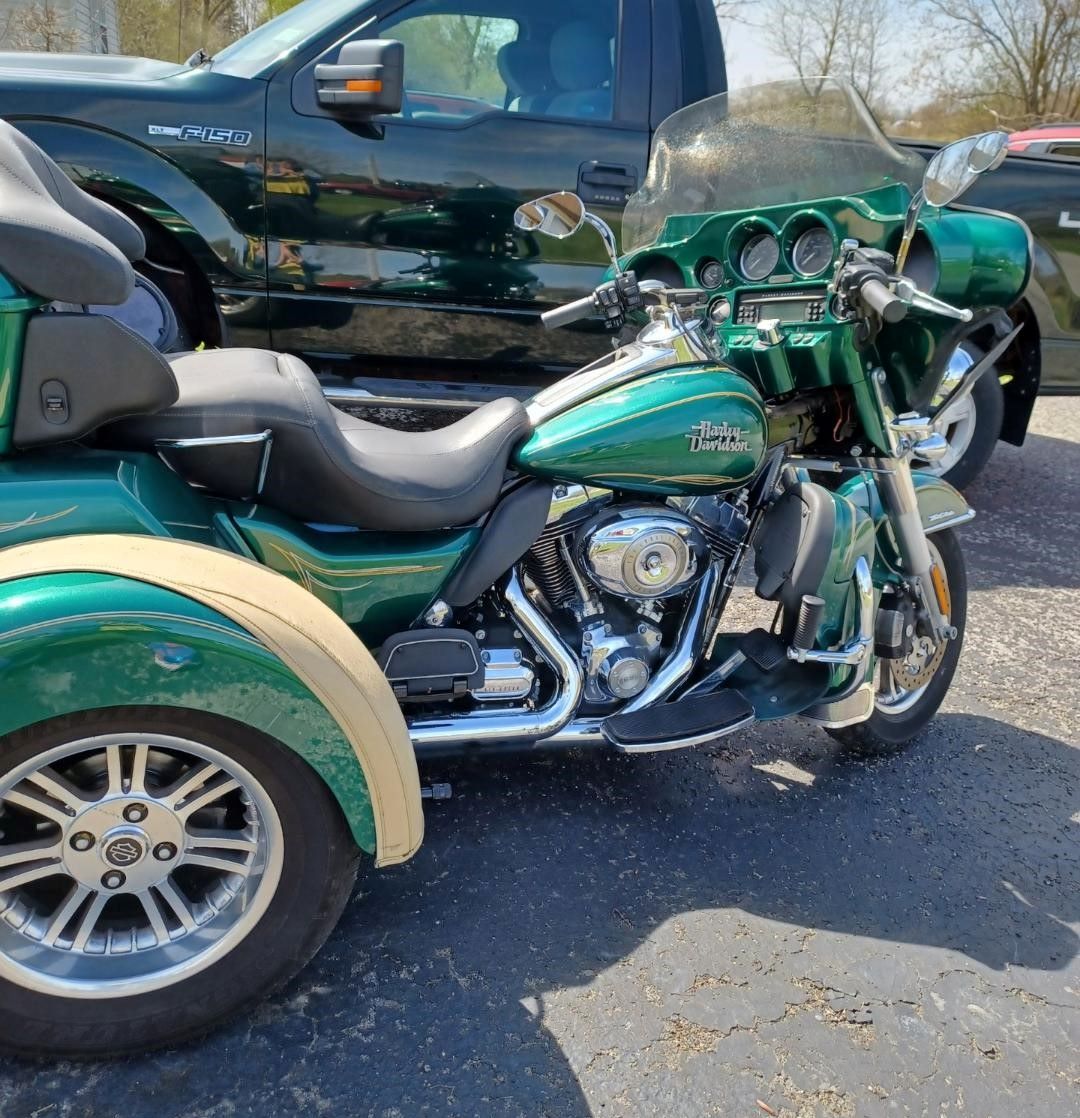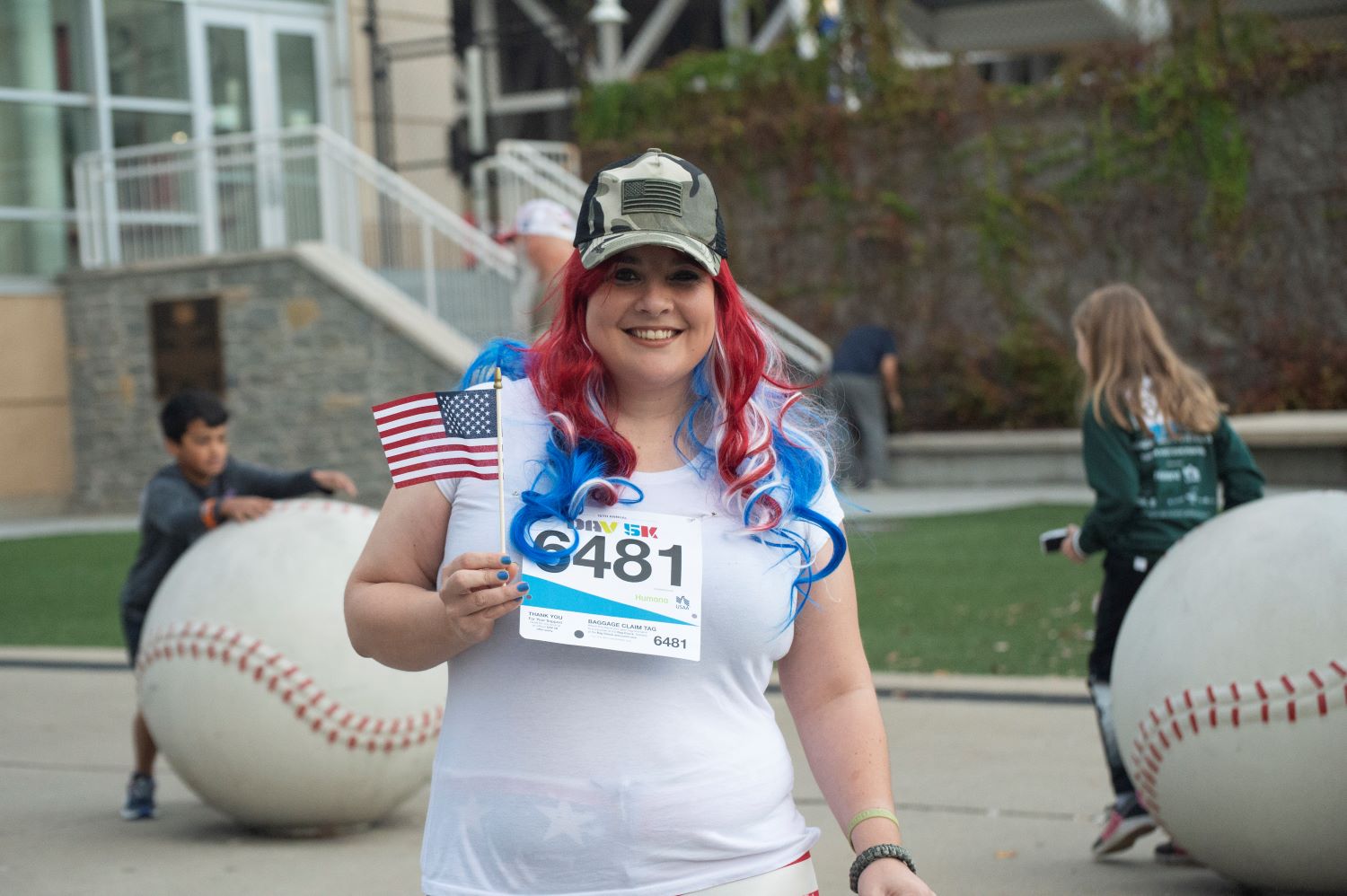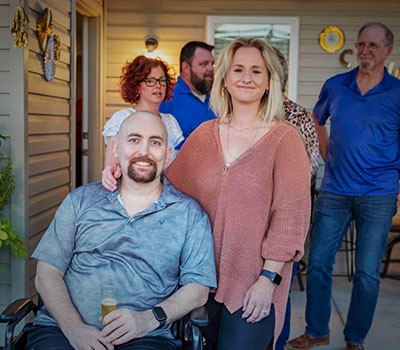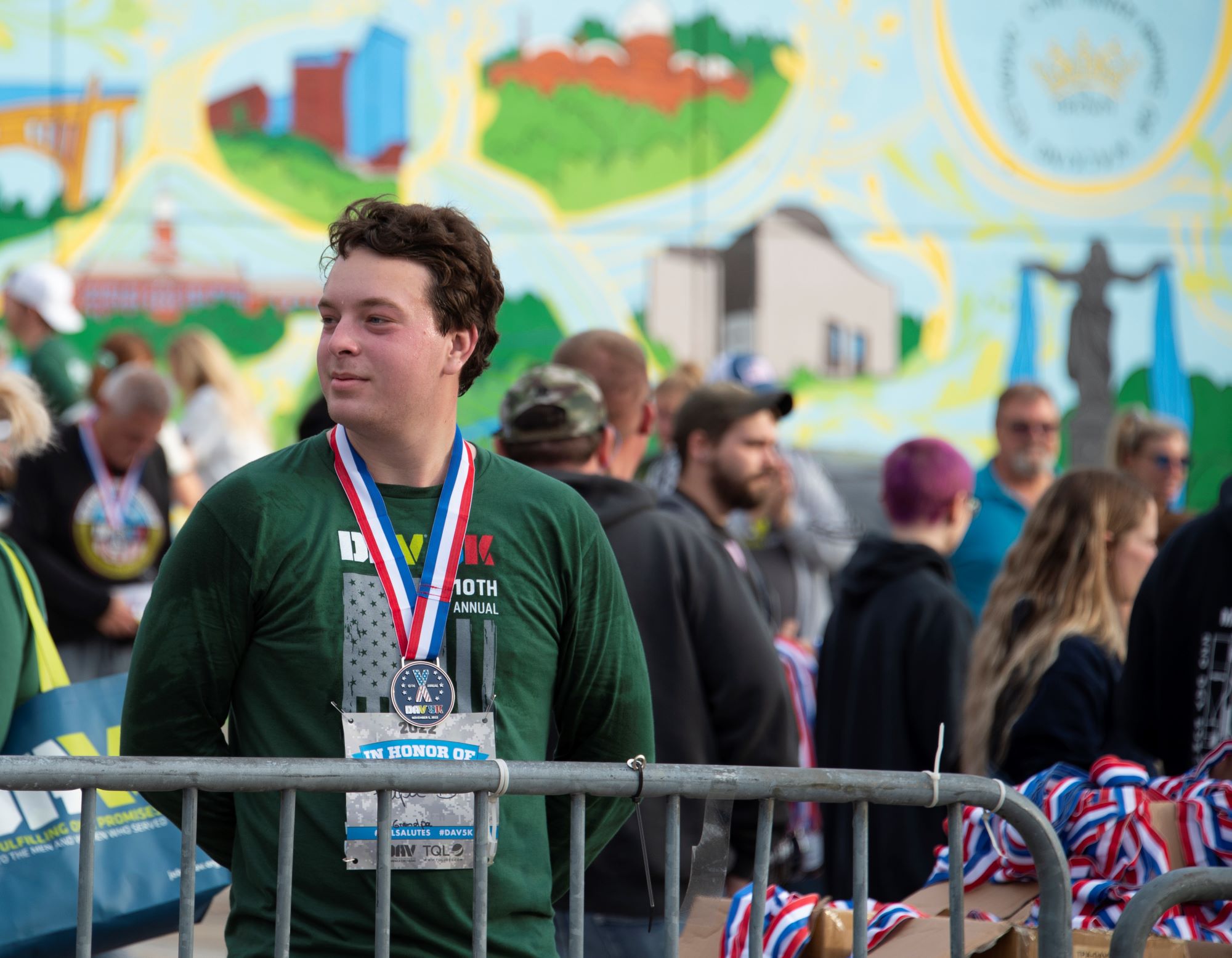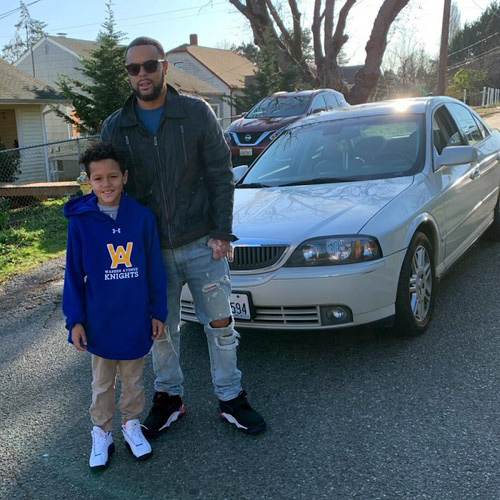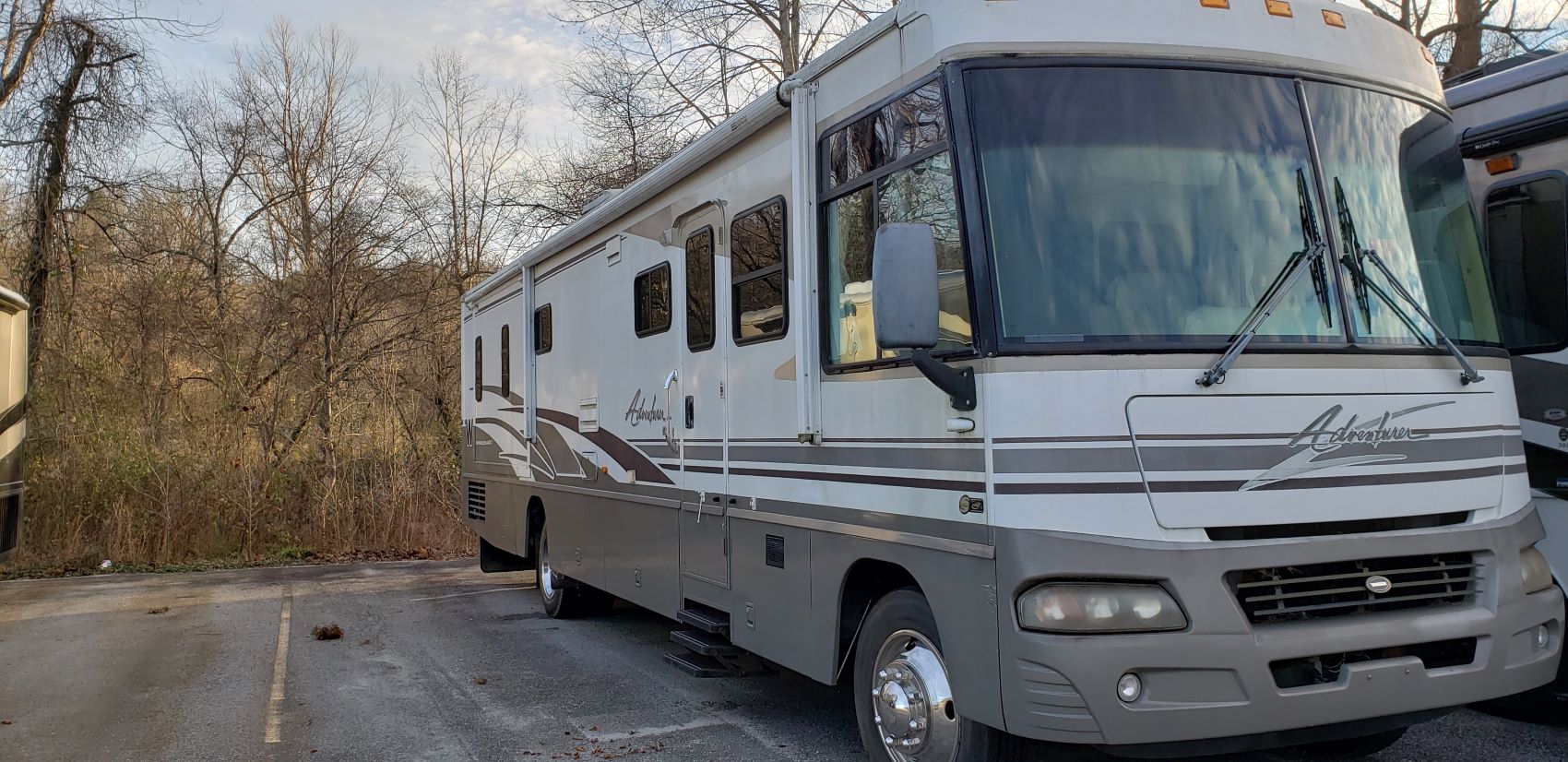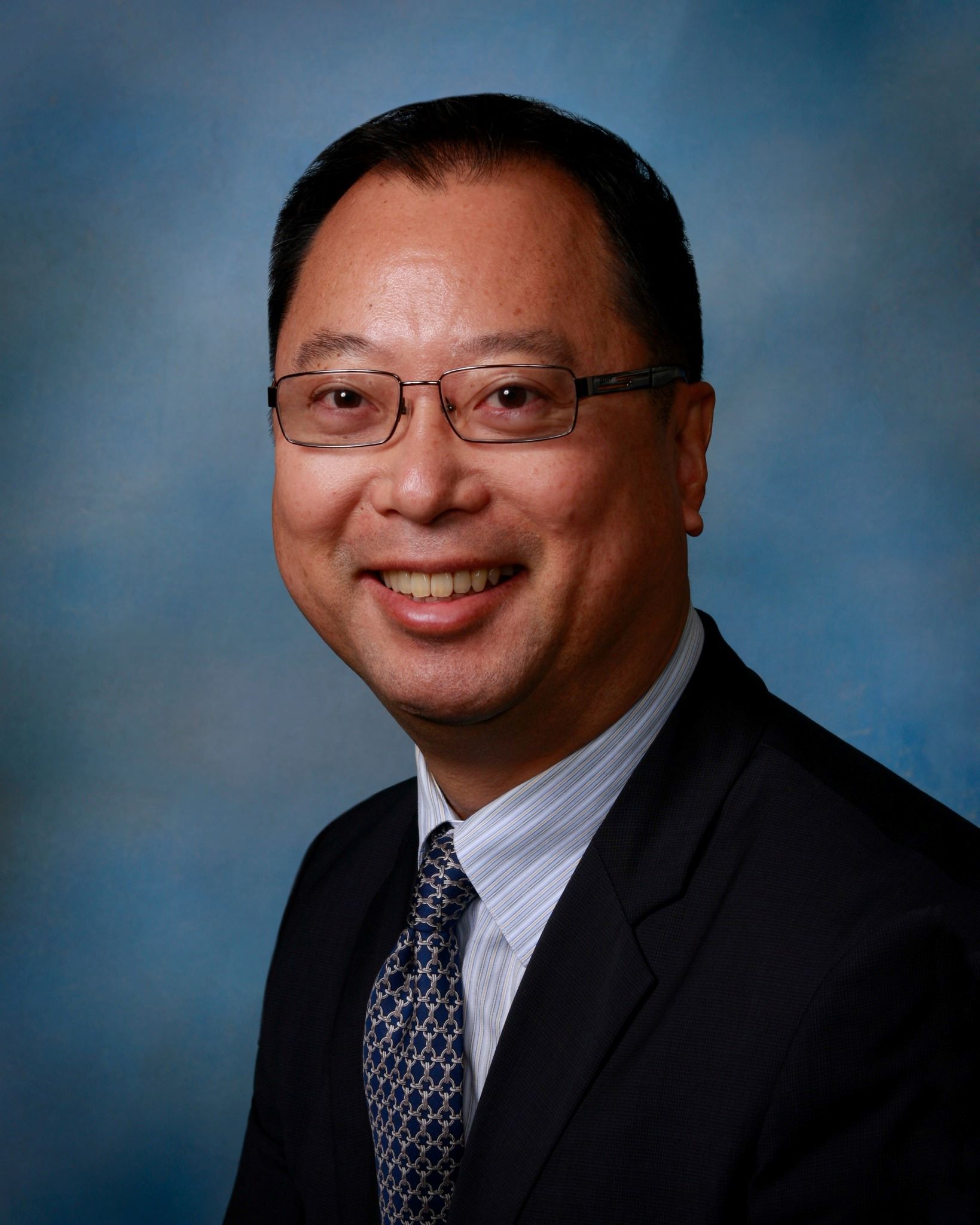From Black Hawk pilot to attorney
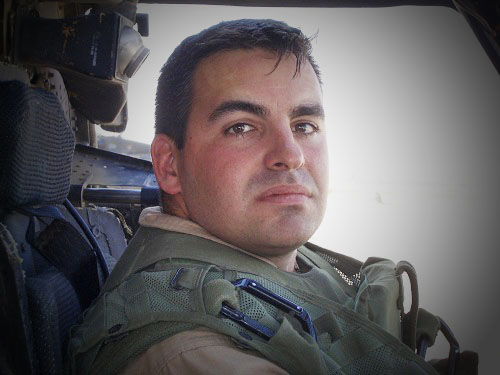
From the time he was 6 years old, Scott Pitta had an eye on the clouds. More than anything, he wanted to fly helicopters. As he got older, making his way through high school and college, that dream only grew.
Years later, Pitta attended his high school reunion. His former classmates asked him, “So what are you up to now?”
“Flying helicopters,” he replied. “Scott, you’ve been talking about doing that since elementary school,” they said. “Who grows up and does what they dreamed of as a kid?”
Indeed, Pitta achieved his dream by completing flight school in 1998. Eventually, he would serve as an aviator in the Army National Guard. In December 2003, his unit deployed to Iraq, serving in some of the heaviest combat throughout 2004.
It was during his deployment that Pitta sustained back and neck injuries from an emergency landing after his helicopter experienced a system malfunction.
Following his honorable discharge from the military, Pitta continued to fly for an emergency medical service in New England. As a civilian, he spent his time enjoying his family and attending his children’s sporting events.
It was at a soccer game that Pitta met DAV benefits advocate Kenny Andrade.
“Veterans tend to recognize other veterans, so Kenny and I struck up a conversation and he told me about his work at DAV,” Pitta said. “He recognized the symptoms of PTSD almost immediately. I hadn’t even considered that PTSD from combat was affecting me. I just kept telling myself that I was fine.”
Pitta set up an appointment with Andrade to begin the difficult process of submitting his application for disability benefits to the VA.
“Veterans are often frustrated trying to navigate the complex VA claims process. Scott reached out to me and we walked through the system together,” Andrade said. “It takes time. We worked a lot of hours on his claim but DAV benefits advocates never give up. We are with our fellow veterans every step of the way.”
Sometime after his initial meeting with DAV, Pitta went in for his yearly Federal Aviation Administration evaluation, where they decided he was no longer able to fly due to his worsening physical injuries and the medications he was taking for pain relief.
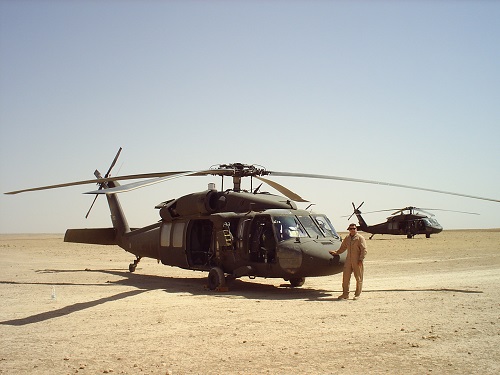
Abruptly, Pitta’s childhood dream had ended. He was permanently grounded.
However, he didn’t just lose his dream; he lost his means of support for his family. Fortunately, he remembered his connection with Andrade at DAV and reached out to him again. Andrade told Pitta about the Veteran Readiness and Employment (VR&E) Services program through the VA (formerly known as vocational rehabilitation).
“This program is designed to assist disabled veterans with employment barriers by offering job training, education, employment accommodations, resume development, and job-seeking skills coaching,” said DAV National Employment Director, Rob Lougee.
Pitta was interested in the opportunity and took an aptitude test to determine what careers may be a good fit for him. The top three results came back: high school physics teacher, auto mechanic or attorney.
“I love teaching, but I had two teenagers of my own. So I ruled out being a teacher. I enjoyed working on my truck, but with my physical injuries, that didn’t seem like the best fit,” Pitta said. “That left attorney.”
The journey to attorney wouldn’t be easy. Pitta still had to pass the LSAT with a high enough score to qualify for admission to law school as well as maintain a high GPA throughout the program. To top it all off, he would have to go through the rigors of law school while raising a family.
However, Pitta’s hard work toward this new vocation would pay off. He graduated from law school with distinguished honors and passed the bar on his first attempt.
Currently, Pitta uses his legal skills to help other combat veterans.
“One of the more rewarding parts of being an attorney is having the opportunity to dispel misconceptions of combat-related PTSD in the courtroom. While representing veterans in child custody cases, opposing parties have often attempted to use a veteran’s diagnosis of PTSD to promote limited custody of their children,” Pitta said. “I’m able to counter this argument by referring to my diagnosis of PTSD from combat service,” he said. “It’s no more relevant to the case than PTSD from other traumatic events such as childhood trauma or sexual assault.”
Pitta hopes that being open about his own post-traumatic stress will challenge people’s preconceived ideas about veterans living with the condition.
He also offers encouragement to his fellow veterans.
“If you haven’t sought out benefits, don’t wait,” he said. “Too many people think:
‘I’m dealing with it.’
‘I can manage.’
‘There are people who have it worse than me.’"
“It’s time to take care of yourself,” he added. “Get the help that you need first, then you can help other people.”
That’s just what Scott did. By contacting his local DAV benefits advocate, he was able to get the assistance he needed—including a new career path. Now, he helps other veterans, paying it forward.
You can help ensure that veterans like Scott Pita have access to the benefits assistance they earned by making a donation to support DAV programs today.

